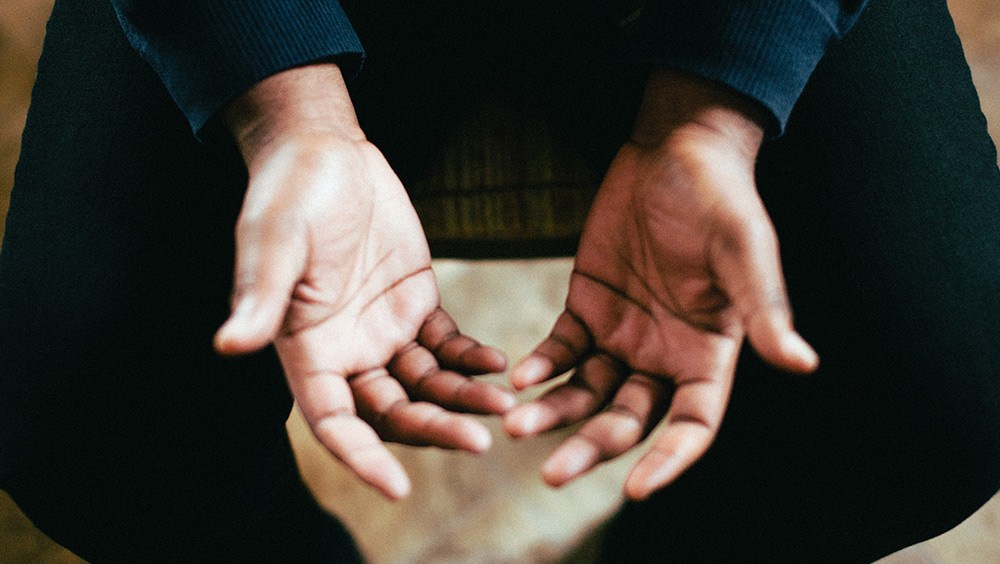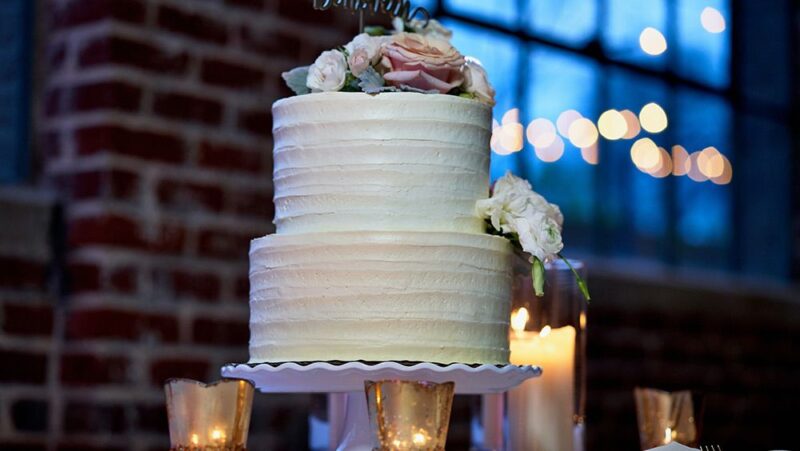Perspective: How The Supreme Court Could Rule On Key Religious Rights Questions This Term

SHOULD RELIGIOUS SCHOOLS GET TAXPAYER DOLLARS?
Many parents see private schools – especially religious schools – as the best way to fulfill their educational preferences, but they may be deterred by the cost. The Supreme Court has broadened states’ ability to provide financial aid to these schools, but it has never gone so far as to say that the First Amendment’s protection of religious freedom requires any aid program to support religious education alongside other forms of private schooling.
It could now.
What happened?
Carson v. Makin addresses Maine’s unique tuition assistance program that exists because some rural school districts don’t have public secondary schools. These districts offer tuition assistance to attend public school in another district or an approved private school with one catch: Tuition payments cannot be used for schools that provide mandatory religious instruction (schools that offer optional religious instruction do qualify).
FIRST AMENDMENT TENSIONS
Religion might be the most complex of the five freedoms of the First Amendment because of its inherent tension with itself:
- The establishment clause prevents the government from mandating a certain religion.
- The free exercise clause allows us to practice religion without government interference.
This can cause conflict when the government supports certain programs involving religious organizations or activities, especially where schools are involved – like the Maine case before the court now.
Maine offers two justifications for this restriction. The program is intended to pay for the public education the state is not otherwise providing – and public schools don’t provide religious instruction. The state also fears that funding a student’s religious education would constitute endorsement of the chosen religion – a violation of the establishment clause that prevents the government from favoring any religion.
Two families suing argue the program is unconstitutional because it discriminates on the basis of religion. School eligibility is judged, in part, on the degree of religious instruction offered. The families also argue Maine’s program violates the free exercise clause because it unfairly burdens those who want to send their children to religious schools.
What could this mean for others?
This case’s impact may even go beyond school choice. If the Court strengthens the Free Exercise Clause, individuals and employers will increasingly claim — and perhaps successfully — the right to opt out of vaccine mandates, employer-provided contraception coverage and providing services to same-sex weddings, among other things, because these violate their individual religious beliefs.
How might the court rule?
The court will likely continue its recent trend in favor of the free exercise clause. Chief Justice Roberts summed up the core of what may be the court’s eventual opinion when he stated during oral argument that the most basic violation of freedom of religion occurs when “the government [draws] distinctions between religions based on their doctrines.”
DO EXECUTION CHAMBER RULES VIOLATE RELIGIOUS RIGHTS?
The Supreme Court is debating whether and how to determine if requesting religious accommodation might be “gaming the system” by invoking new methods of exercising religion or simply a person exhibiting religious beliefs for the first time.
What happened?
John H. Ramirez was sentenced to death in 2009. The Supreme Court delayed Ramirez’s execution to review his claim that he is being denied the right to freely exercise his religion because the state denied his request for a spiritual adviser to lay hands on him and/or pray aloud in the execution chamber, either before or during the execution. The state claims that the restrictions are necessary to ensure the execution is carried out smoothly.
What could this mean for others?
The issue of whether courts should – and, if so, how they might – honor stated religious beliefs has implications well beyond the execution chamber. Look at instances of private business owners accused of illegally discriminating against LGBTQ+ customers, which they say is protected by their own constitutional right to free exercise of religion. Another example are the ongoing vaccination debates, with some claiming the right to a religious exemption from vaccine mandates.
MORE TO COME
Americans are divided over whether nondiscrimination laws should require business owners to fulfill requests that violate their beliefs. It’s a question the Supreme Court has sidestepped before but will face again. The court has agreed to hear a case by a website designer who claims that being compelled to create wedding sites for same-sex couples would violate her free speech rights.
How might the court rule?
In Ramirez v. Collier we can expect a close and limited ruling in favor of Ramirez that allows very limited touching and prayer in the execution chamber before or, possibly, during the execution. But the court will punt on defining exactly when and how judges should scrutinize an individual’s religious beliefs, requiring determinations on a case-by-case basis.
The Supreme Court ruled on March 24 that Ramirez’s sincerely held religious beliefs to have his pastor audibly pray and lay hands on him during his execution must be honored by the state — as First Amendment specialist Kevin Goldberg predicted.
To get more analyses as the court hears arguments in First Amendment cases —and updates when rulings are issued — sign up for the First Five newsletter.
Perspective: Let public opinion, not the Supreme Court, curb social media companies
Half-Baked? The Supreme Court Decision on Masterpiece Cakeshop
Related Content
$30,000 Giving Challenge
Support the Freedom Forum’s First Amendment mission by Dec 31st and double your impact.

